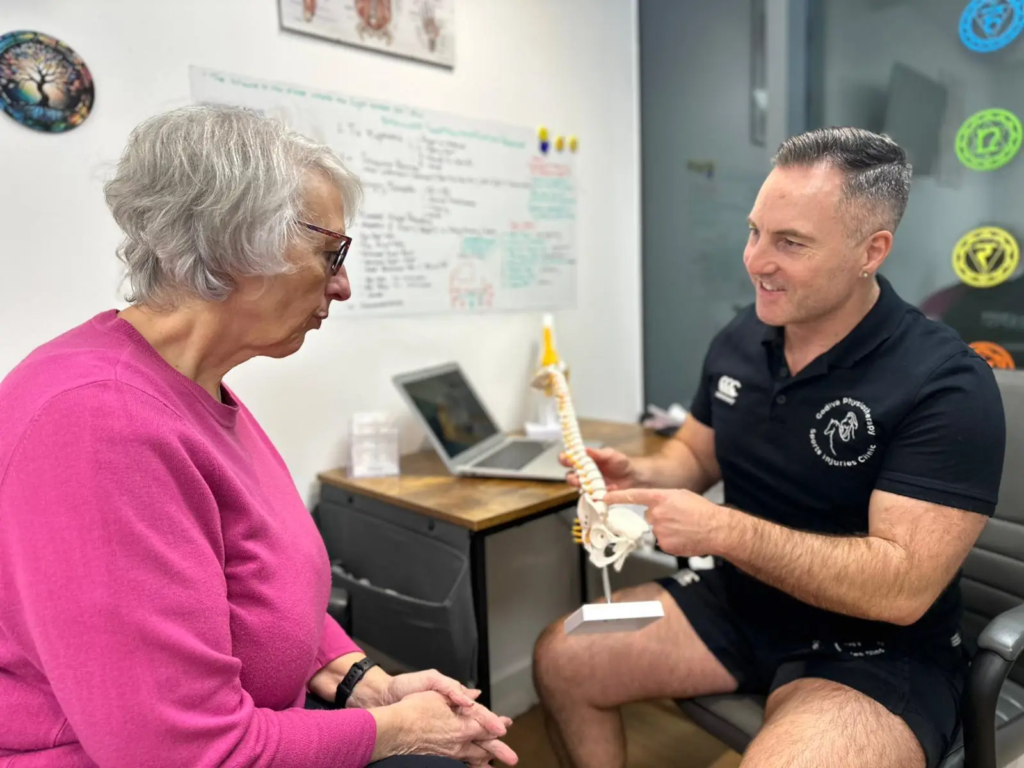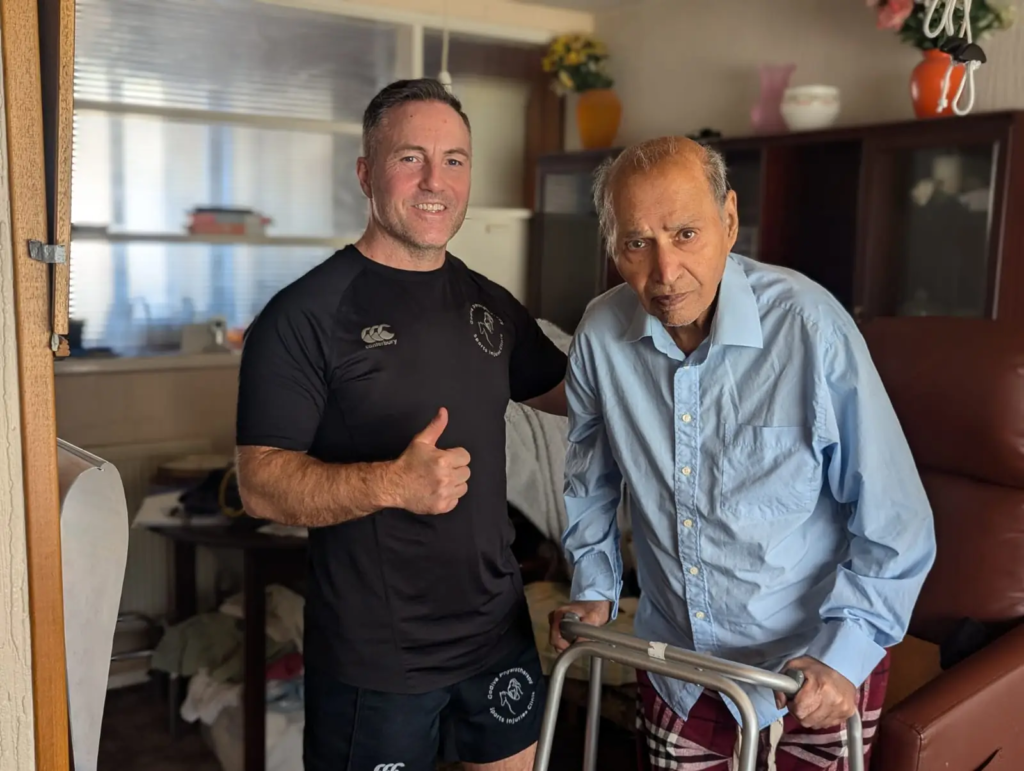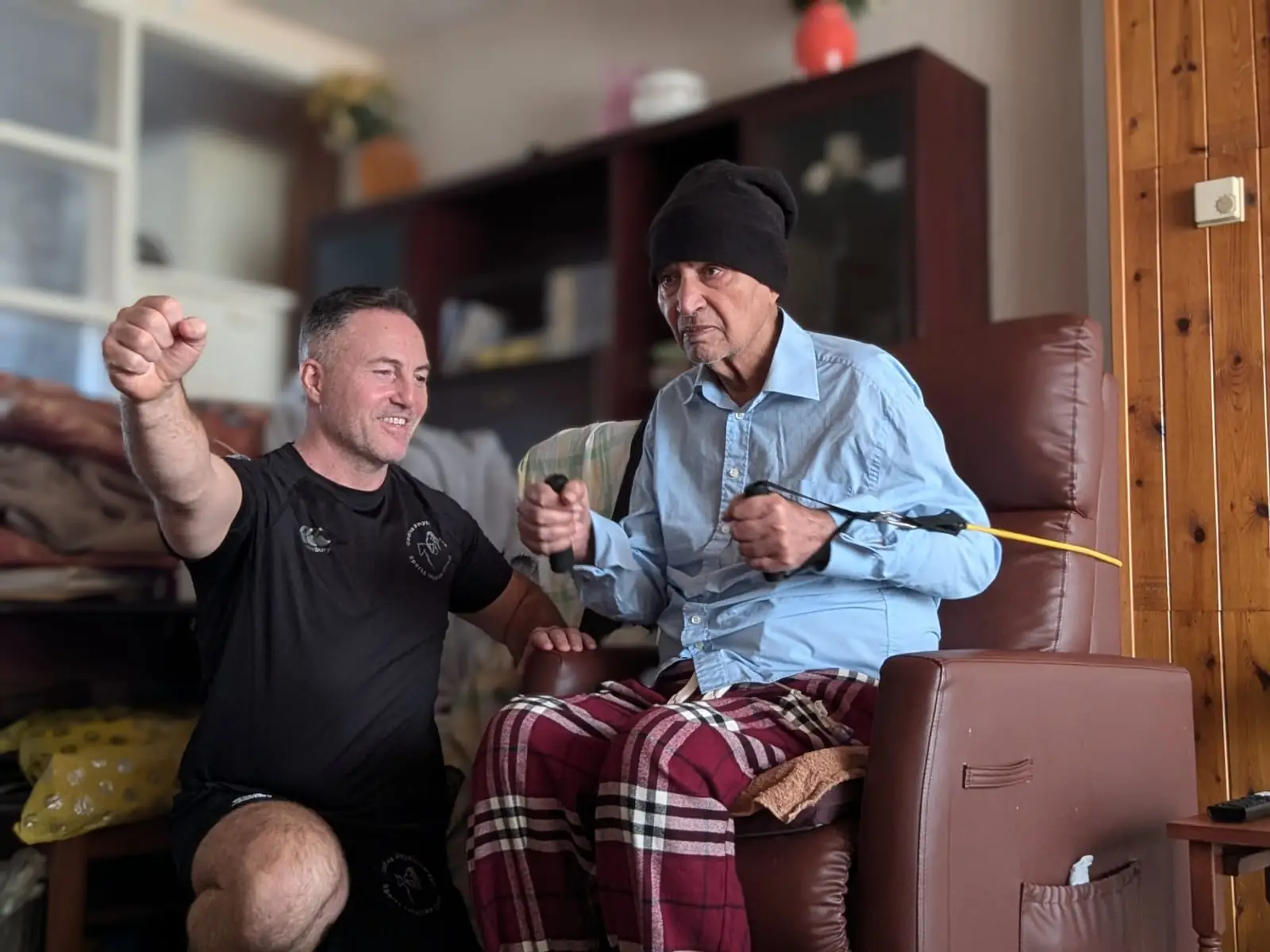The Wonders of Physiotherapy: Unlocking Mobility For Seniors
As we journey through life, maintaining mobility becomes one of the most vital aspects of healthy aging. For the elderly, preserving or regaining the ability to move freely often determines their quality of life, independence, and overall well-being.
Enter physiotherapy, a transformative field that combines medical science, human empathy, and targeted strategies to empower older adults to live more active, pain-free lives.
“Enhancing mobility can help to make your twilight years the most enjoyable years of your life.” – Damien Delahunty
Understanding Physiotherapy And It’s Role
Physiotherapy is a specialised branch of healthcare that focuses on improving movement, alleviating pain, and enhancing physical function through evidence-based techniques. It’s far more than exercise. It encompasses a wide array of interventions, including manual therapy, strength training, balance exercises, and education.
For older adults, physiotherapy often serves as a cornerstone of recovery and prevention, addressing conditions like arthritis, osteoporosis, post-surgical rehabilitation, and general age-related decline in physical capabilities.
Why Mobility Declines With Age
Aging naturally comes with physical changes – reduced muscle strength, joint stiffness, and slower reflexes. Add to that the risk of chronic diseases like Parkinson’s, osteoarthritis, or the aftereffects of a stroke, and mobility can be significantly compromised. Reduced physical activity due to pain, fear of falling, or other barriers further exacerbates the issue, leading to a dangerous cycle of immobility, muscle wasting, and loss of independence.
This is where physiotherapy steps in, disrupting that cycle and providing seniors with the tools to reclaim their movement and confidence.


Benefits Of Physiotherapy For The Elderly
Improved Mobility and Flexibility
Physiotherapists use tailored exercises and techniques to improve joint range of motion, muscle strength, and flexibility. For seniors struggling with daily activities, this can mean the difference between needing assistance and regaining independence.
Pain Management
Chronic pain, especially from conditions like arthritis or back problems, can limit mobility and reduce quality of life. Through techniques such as manual therapy, hydrotherapy, and specific stretching routines, physiotherapy can significantly reduce pain and reliance on medications.
Prevention Of Falls
Falls are a leading cause of injury among older adults. Physiotherapists focus on balance training, proprioception exercises, and strengthening of stabilising muscles to reduce the risk of falls. They can also assess and recommend modifications to living environments to enhance safety.
Post-Surgery Rehabilitation
After surgeries like hip or knee replacements, physiotherapy is critical to ensure proper healing, restore mobility, and prevent complications such as stiffness or muscle atrophy.
Management Of Chronic Conditions
Physiotherapy can help manage symptoms of chronic conditions like Parkinson’s, multiple sclerosis, or even heart disease. By improving cardiovascular fitness, coordination, and strength, seniors can maintain an active lifestyle despite their diagnoses.
Boosted Mental Health
Movement is deeply tied to emotional well-being. Physiotherapy not only improves physical function but also reduces depression, anxiety, and feelings of helplessness by empowering seniors to take control of their health.
A Personalised Approach
One of the most significant advantages of physiotherapy is its personalisation. Physiotherapists conduct thorough assessments to design a plan that meets the unique needs and goals of each individual. Whether it’s regaining the ability to climb stairs, gardening without pain, or walking without fear of falling, the goals are as unique as the people pursuing them.
Real Life Success Stories
Consider Mrs. Helen, a vibrant 72-year-old who, after a fall, feared she’d never walk without a cane again. With the help of her physiotherapist, Helen underwent a series of strength and balance training sessions. Within months, she was not only walking unaided but also participating in her local yoga class.
Then there’s Mr. Raj, an 80-year-old stroke survivor who regained significant function in his left side through intensive physiotherapy. His recovery allowed him to return to one of his favorite hobbies – painting.
Accessible Care For All
Many physiotherapy clinics, community centers, and even home-care services cater specifically to the elderly, ensuring that mobility solutions are available to everyone. Moreover, advancements in telehealth have made it possible for seniors to receive guided physiotherapy sessions remotely, ensuring accessibility even in rural or underserved areas.
Final Thought. Movement Is Medicine
Physiotherapy is more than a treatment. It’s a lifeline for many older adults. It embodies the philosophy that age should not define limits. With its ability to improve mobility, manage pain, and restore independence, physiotherapy plays an essential role in healthy aging. For the elderly, the journey to better movement is a journey toward better living, one step, stretch, or session at a time.
If you or a loved one are facing mobility challenges, consider consulting a physiotherapist. Because with the right support, it’s never too late to move better and live stronger.

